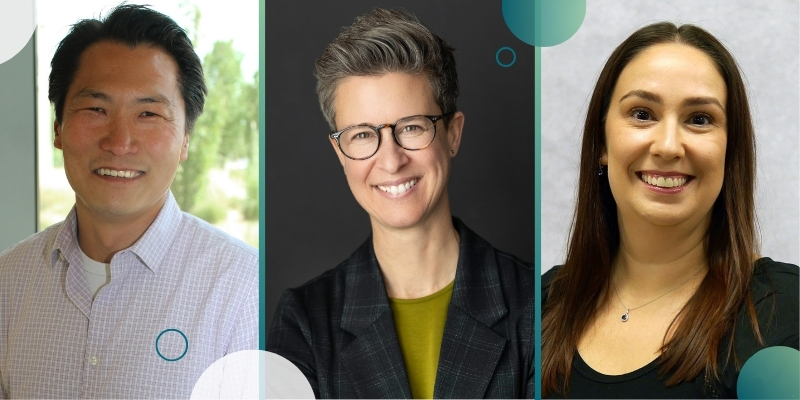
What sparked your interest in social work?
I’ve worked in outdoor education for a number of years. I found that I while I loved being outside, what really drew me to the work was the social aspect to guiding and teaching outdoors. A lot of outdoor education is teaching teens about communication skills and teambuilding, which are the parts that I really adored. When I started to think about next steps in my career, I realized that I wanted to have a better understanding of those social and emotional skills that I found so integral in both my personal and professional lives. I also came to find that my privilege played a large part in why I was able to access wilderness and to see it as a therapeutic space for both myself and my clients. All of this led me to social work! It also probably helps that both my mom and my aunt are social workers.
What are your academic and research interests?
I am most interested in how outdoor recreation effects adolescent mental health. I’ve found that issues involving outdoor recreation also almost always include conversations around access and privilege, as well as cultural differences in the perception of and desire for different types of outdoor recreation. I’m currently working with a non-profit that focuses on eliminating barriers to mental health care, so it has been really amazing to pull all of these pieces together. If everything goes to plan for the fall, we’ll have a pilot program for a nature-based outpatient program designed to support our teens who are already engaged in care and are looking for more peer connectedness. After all, we know that social support is a huge part of adolescence, so we’re hoping that by providing this additional supportive space for processing and connection, teens will be able to report more positive outcomes.
How do you stay motivated in the MSW/MPH degree program?
It is really easy to get burned out in grad school. I’ve found that I need to have a schedule that builds in down-time (usually mountain biking in the summer and skiing in the winter). That being said, my classes have been really inspiring. I specifically love learning from our professors and my fellow classmates. It’s really wonderful to be surrounded by folks that care about what they do and give their work their all. The combination of relationships with humans I respect and admire with stimulating coursework is pretty great.
What advice do you have for fellow students?
Keep pursuing the career you want! When I first started grad school, I got a lot of questions about why I was pursuing these degrees instead of something in recreation. Here I am, though, just a couple of years later, working on my dream project with colleagues who have the same goals (my research partner is also an MSW)! I knew the coursework and goals of the MSW/MPH program would ultimately help me achieve my vision.
This article originally appeared on CSU Source.






.jpg)